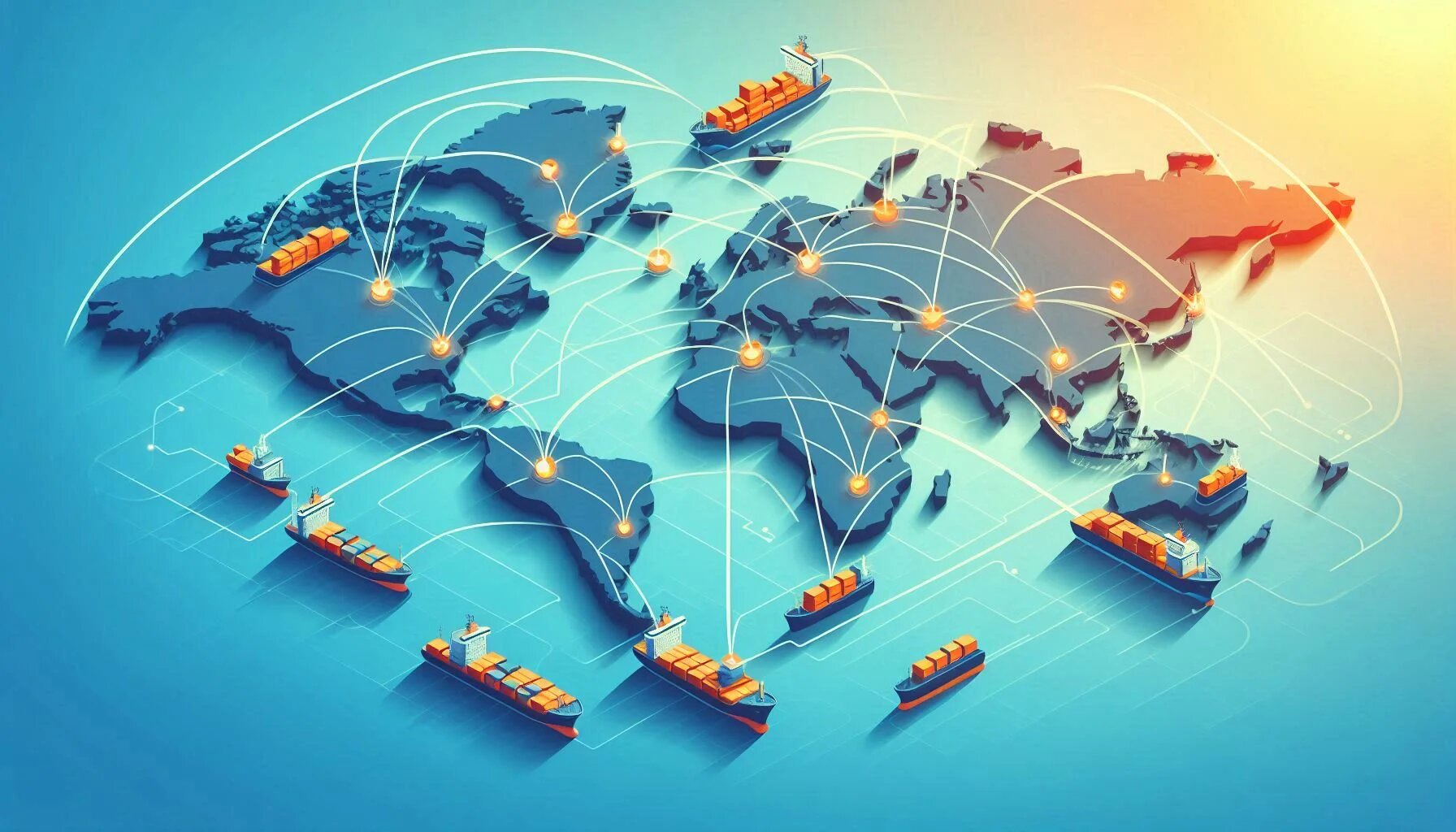THE European Union has told member states that sanctioned goods transiting from Russia are not prohibited if they’re moving by rail, in a move that may calm tensions with Moscow over its Kaliningrad exclave, reports Bloomberg.
However, national authorities still have the right to conduct checks – including on rail cargo – for sanctioned military and dual-use goods, which are banned regardless of the mode of transport, the bloc said. Member states need to ensure transit volumes are in line with previous years to ensure there is no circumvention of sanctions. The EU also reaffirmed that sanctioned goods may not be moved by road.
‘This guidance confirms that the transit of sanctioned goods by road with Russian operators is not allowed under the EU measures,’ the EU said in a statement after Lithuania sought clarification on the issue, which affects the transit of goods to Russia’s Baltic territory. ‘No such similar prohibition exists for rail transport, without prejudice to member states’ obligation to perform effective controls.’
Russian Foreign Ministry spokeswoman Maria Zakharova welcomed the EU statement as a show of realism and common sense, the state-run Tass news agency reported. She said Moscow still has questions about the details and will monitor implementation closely.
Lithuania’s Foreign Ministry said the bloc’s original guidance was acceptable and understands that the newer language may give the unfounded impression that the EU is softening its approach.
Sanctions agreed unanimously by the bloc’s member states prohibit banned goods from transiting between Kaliningrad and mainland Russia through the EU, and it falls on member nations to ensure that the measures are enforced by carrying out checks, the European Commission said in a Q&A document last month.
The EU’s executive arm had stated through its chief spokesperson that Lithuania was correctly implementing the restrictive measures that have been imposed on Russia over its invasion of Ukraine.
In its new guidance, the EU said member states must also ensure that sanctioned goods that have illegally arrived in any part of Russia cannot be transported onwards via EU customs territory. National authorities are under the legal obligation to prevent all possible forms of circumvention of EU restrictive measures.
‘For that purpose, it is necessary for member states to continue monitoring the two-way trade flows between the non-contiguous parts of the Russian Federation,’ the guidance says.
The vast majority of trade flows, including the free transit of people, non-sanctioned goods and essential items such as food, is unaffected by the restrictions and continues to move freely.
Still, Moscow had threatened to retaliate if the restrictions, which include steel and luxury items, were not reversed. Bans on the transit of more sanctioned goods, including coal, gasoline and diesel are due in the coming months, further raising concerns of an escalation and a push by some to defuse the standoff.
# sanctioned# russian# goods# can# transit# bloc# via# train# says# eu






